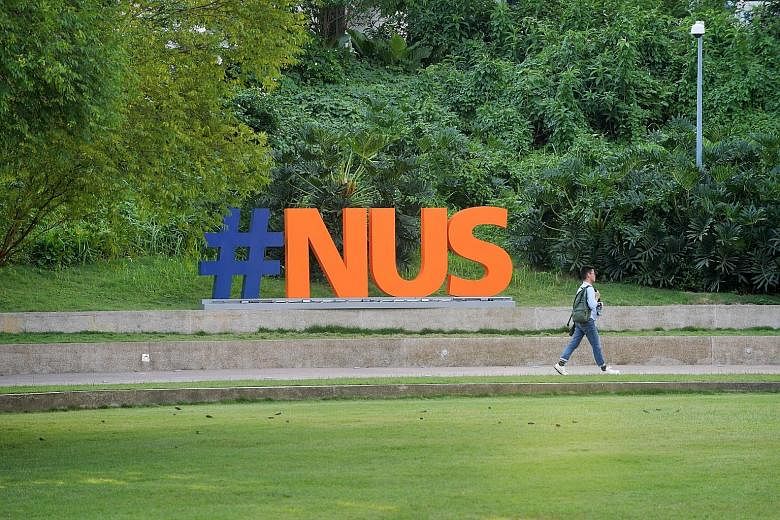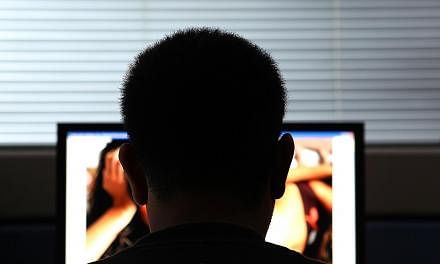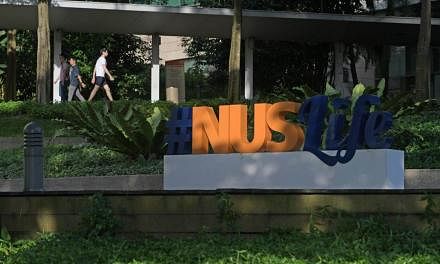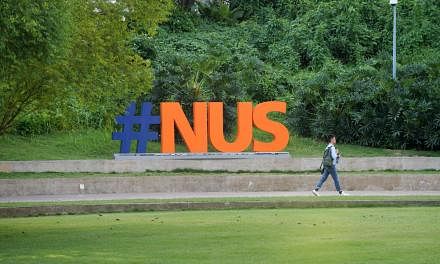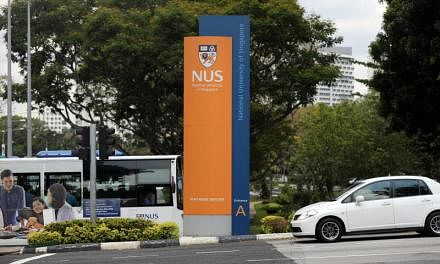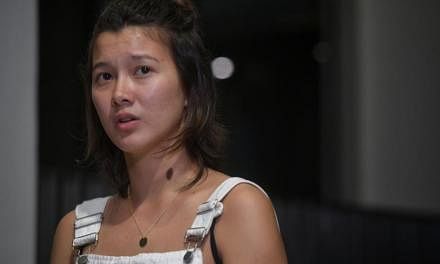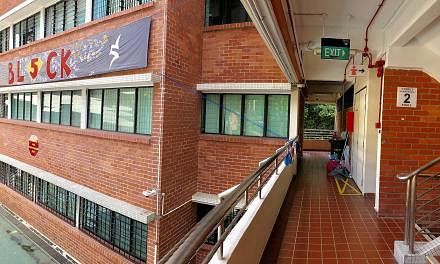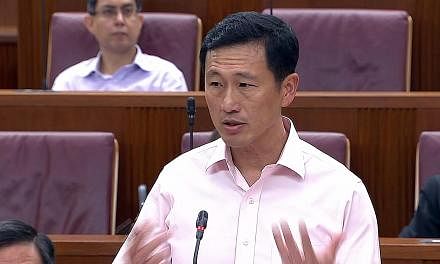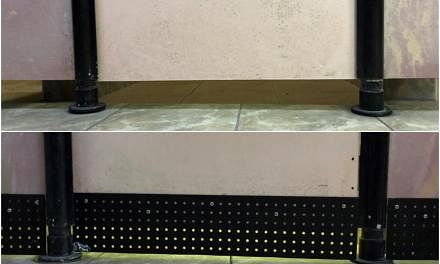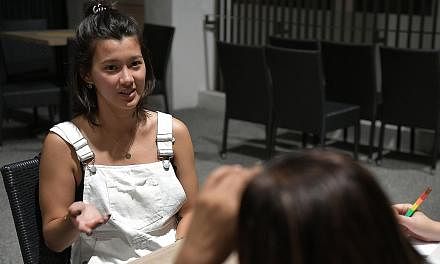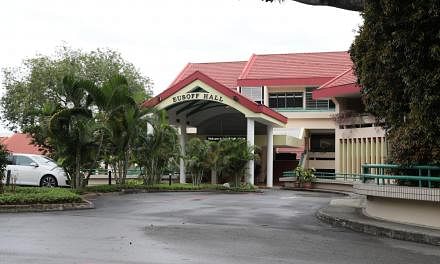Twelve students from the National University of Singapore (NUS) who had committed sexual offences in the past three years would have been expelled under new and tougher sanctions proposed by a review committee.
This amounts to about half of the 25 cases brought before the university's Board of Discipline (BOD) in the past three academic years, for which no one was expelled.
In a report for students and staff that was released on Monday and seen by The Straits Times, the committee said four offenders would have received two-year suspensions and eight would have received one-year suspensions. One case did not have sufficient evidence.
On Monday, Madam Kay Kuok, a member of the NUS board of trustees who chairs the review committee, sent an e-mail listing the recommendations to NUS students, staff and alumni.
For serious offences, such as voyeurism or indecent exposure, offenders will get a minimum of one year's suspension, which the BOD and Disciplinary Appeals Board (DAB) cannot override or remove.
In severe or aggravated cases, such as rape or touching a victim's private parts, or multiple incidents without any mitigating factors, the offender will be immediately expelled.
These were among the 10 recommendations from the committee, which was set up after a voyeurism incident at a hostel sparked a public debate over the university's disciplinary policies.
NUS has accepted all 10 recommendations.
The perpetrator, who had filmed a female undergraduate in the shower, was suspended for a semester and banned from the hostel.
In its full report, Recommendations For A Safer Campus, the committee laid out a framework to guide the BOD and DAB "in meting out sanctions that are consistent with and proportionate to the sexual misconduct offences committed".
The provost will decide whether the complaint or allegation should be handled by the disciplinary boards, or the heads of the relevant academic or non-academic unit.
The review committee also spelt out the types of sexual misconduct which it considers "severe" or "aggravated" and should lead to mandatory expulsion, even if it is a single incident or there are compelling mitigating factors, such as being truthful during investigations.
The committee noted that NUS has seen increased concerns about sexual misconduct, including growing voyeuristic behaviour involving the use of electronic devices.
It said: "This framework sets new benchmarks for disciplinary sanctions for sexual misconduct offences. The higher benchmarks send a strong message that the university will not tolerate such sexual misconduct offences. They will also serve as a strong deterrent against sexual misconduct."
Third-year NUS literature student Wong Shiying, 22, welcomed the punishment of expulsion for severe offences.
She said a one-or two-year suspension will be effective only if there is a structured rehabilitation programme for offenders during that time, instead of allowing them to be free to do what they want - such as internships - under the guise of taking a "leave of absence" from school.
"For more severe cases involving repeated offences or physical abuse, the offence should also stay on the perpetrator's records long enough for prospective employers to see," she said.
Misconduct punishable by suspension, instant expulsion
The review committee's report on sexual misconduct lists the types of acts that would result in a range of punishments, from a one-year suspension to immediate expulsion.
SEVERE OR AGGRAVATED OFFENCES
• Touching a victim's private parts or sexual organs
• Perpetrating a significant number of sexual misconduct incidents
• Extensive duration of the misconduct
• Affecting a significant number of people
• Abusing authority
• Deliberately incapacitating a person in order to commit the sexual misconduct
• Possessing child pornography
• If the victim is a child
• Causing substantial harm, damage or trauma to the victim
SERIOUS OFFENCES
• Taking photographs or videos of an individual in a bathroom, toilet or any space where he or she can reasonably expect privacy
• Taking upskirt photographs or videos; voyeurism
• Indecent exposure
• Unwanted sexual advances or requests for sexual favours; sexually explicit remarks; offensive body language or gestures and other forms of sexual harassment
• Inappropriate physical contact with a person in a sexual manner without the person's consent
OTHER CASES TO BE HANDLED BY HEADS OF ACADEMIC OR NON-ACADEMIC UNITS
• Attempting an unwelcome kiss on a date; planting an unwanted kiss on the cheeks of a person
• Stroking a person's face without the person's consent
• Giving an unwanted massage on the arms of a person
• Briefly holding the waist or shoulder of a person without the person's consent
• Persistence, for example, continuing to communicate, send flowers, or wait for another person even though the person has made clear that he or she is not interested in such advances
• Staring inappropriately at the breasts of a person;
• Making a joke about a person's private parts, sexual organs or sex life; using expletives such as "slut" or "whore" on a person
• Stealing undergarments
• Gesticulating (fully clothed) in a sexually offensive way to another person
